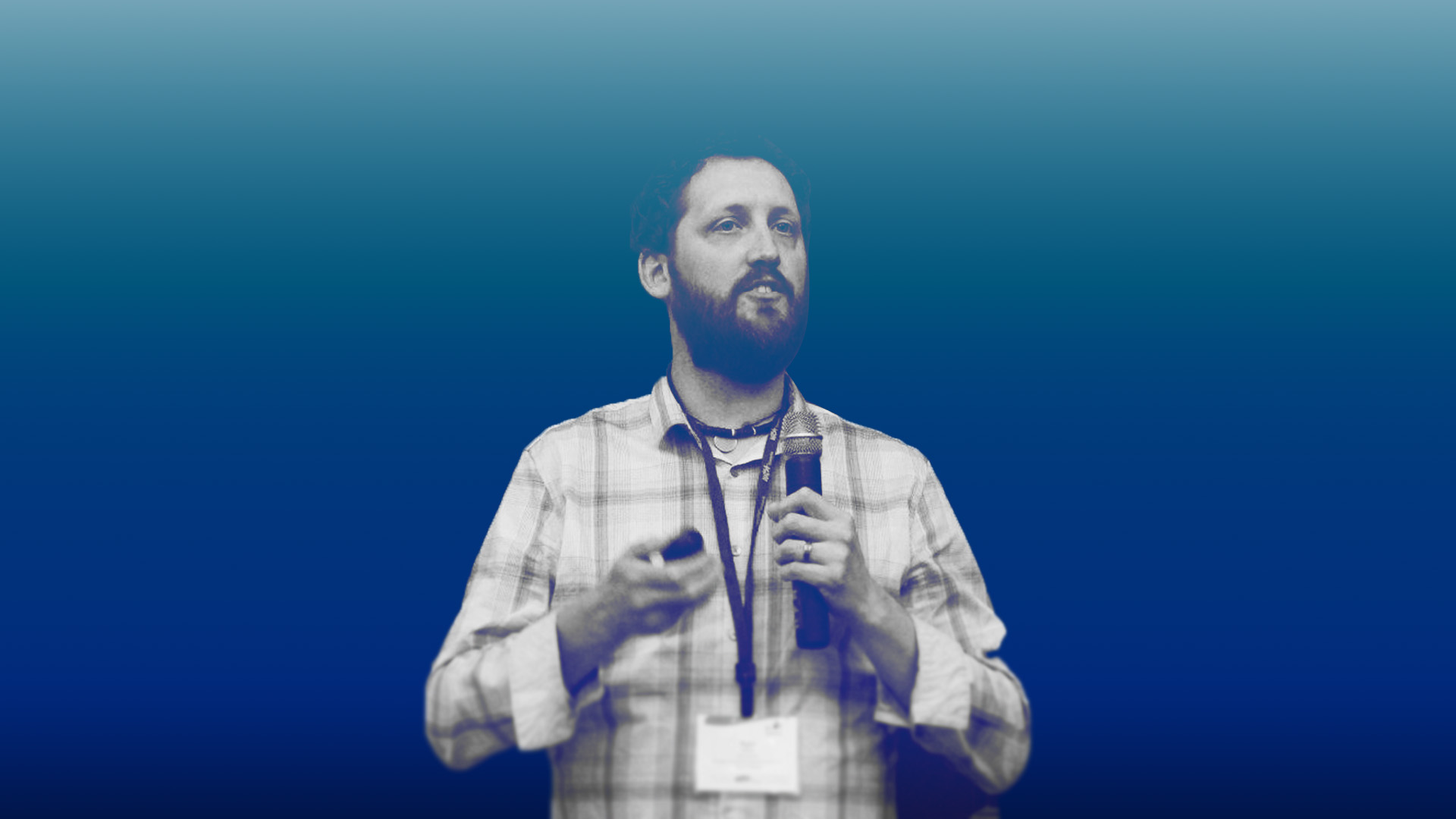Blog article: Ask a Data Scientist: Ryan Garnett

Article text
We sat down with open data team manager Ryan Garnett to ask him a few questions about what traits make a good data scientist, what his favourite resources are, and words of wisdom for newbies.
Q1. What do you think makes a good data scientist?
Passion. Data science is becoming one of those terms that means something to everyone, like love. Because of that I thing you really need to love solving problems, looking at things differently, bring a diverse perspective, and most of all, be weird and own it.Q2. What will you say the “best practices” in data science right now?
Delivery and communicating value. You can build a wicked machine learning algorithms, or have an AI predict with >95% confidence, but if you can communicate why it is valuable in a tangible outcome deliverable, then that work has minimal benefit.Q3. What publications, websites, blogs, conferences and/or books do you read/attend that are helpful to your work?
This depends on which part of my data science journey. As a leader of a team my role is much less technical, however I do drink the R koolaid. I read a fair amount from R-Bloggers as it is a good mix of technical and project. Conferences aren’t really my thing, as I personally do not get a lot out of the experience. However I do watch a lot of YouTube, but not what you expect. I tend to watch thought provoking topics, such as the future of jobs and climate change. I find by watching these videos I am able to be creative and link how data and analysis can help to benefit society. As for books, story telling with data by Cole Nussbaumer Knaflic is a must read for everyone.“I find by watching these videos I am able to be creative and link how data and analysis can help to benefit society.”
